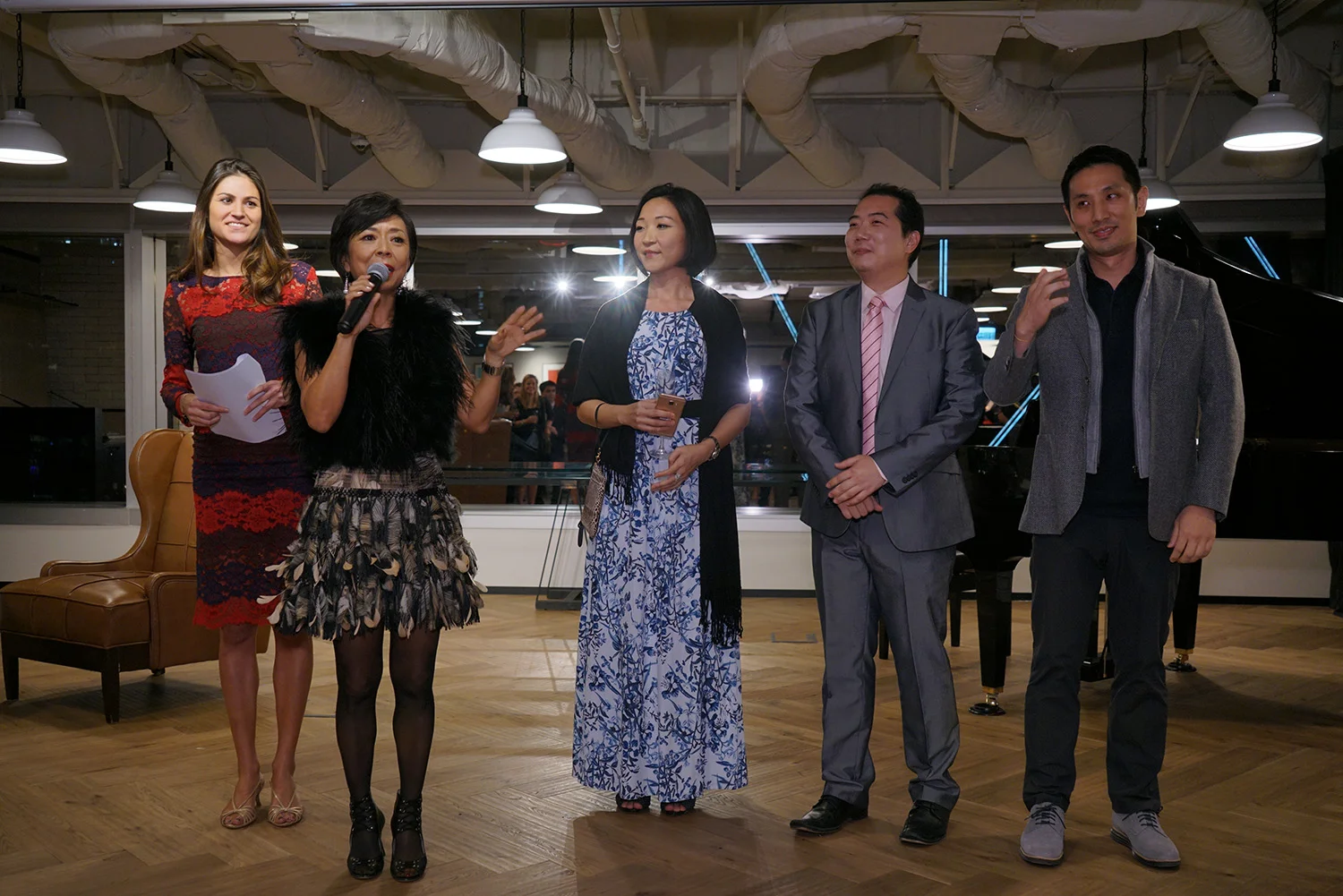For long, opera lovers have been struggling to find the perfect theatre to see a Western opera in Hong Kong. In the programme lists of overseas theatres, there is no lack of ongoing world-renowned opera programmes such as Verdi’s La traviata, Bizet’s Carmen, Puccini’s Tosca, but to name a few. Shifting the focus to Hong Kong, Western opera receives significantly less attention in our hometown.
There are not a lot of places to see an opera in Hong Kong
Here we are faced with a critical question: is there any Western opera in Hong Kong? To be specific, can we see a Western opera in theatres in Hong Kong? To these queries, the definitive answer is a big ‘YES’. But where can we find details of Hong Kong opera programmes?
This article will give you a guide on where to see a Western opera in Hong Kong. No matter you are living on Hong Kong Island, in Kowloon or the New Territories, there must be a theatre for you to see the classical opera programmes.
Freespaace - A great venue for shows of opera in Hong Kong
1. Grand Theatre, Hong Kong Cultural Centre: Spacious auditorium for large opera audiences
With over 1,700 seats in the auditorium, the Grand Theatre is spacious, comfy and well-equipped for large-scale opera performances in Hong Kong. It is located in Tsim Sha Tsui, close to the city’s centre with various transportation options available.
The Grand Theatre is where Opera Hong Kong usually holds their performances. Apart from hosting opera performances in Hong Kong, the Grand Theatre is also the ideal venue for other forms of performing arts, including musicals, ballets, dances, you name it.
Address: 10 Salisbury Rd, Tsim Sha Tsui, Hong Kong
2. Freespace, West Kowloon Cultural District: Perfect for multimedia opera in Hong Kong
Located in the heart of the West Kowloon Art Park, Freespace is a newly constructed event space dedicated to contemporary multi-genre performances and events. With a mission to provide event venues for reimaging theatrical performances , Freespace is the perfect place for modern multimedia performances like More Than Musical’s immersive opera in Hong Kong.
Freespace is easily accessible by major transportation services in Hong Kong, including MTR, buses and cars. If you are looking to visit West Kowloon Cultural District for an opera performance in Hong Kong, the closest MTR station would be the Kowloon Station via Exit E4 or E5.
Address: West Kowloon Cultural District, No. 18 Museum Drive, Kowloon
3. Auditorium, Sha Tin Town Hall: For opera lovers in the New Territories, Hong Kong
As part of the podium complex, Sha Tin Town Hall is an easily recognizable landmark building right next to the Sha Tin Public Library and Sha Tin Marriage Registry. In the eyes of music lovers, all you can see in this complex is probably the Auditorium, a time-honored venue designated for performing arts and culture in Hong Kong, the city of hustle and bustle. The Auditorium in Sha Tin Town Hall is where you can see an opera in the New Territories, Hong Kong.
But what makes the Auditorium well-suited to deliver performances of opera in Hong Kong? First off, it has an orchestra pit where the orchestra can sit comfortably in an opera performance. The Auditorium also comes with professional stage lighting, multimedia projector, dressing rooms, etc.
Reading this, you might be wondering: why are all these facilities important? These on-stage and backstage equipment are essential to deliver to the audience the quintessential multisensory experience in an opera performance — especially in More Than Musical’s multimedia, immersive opera in Hong Kong. (Just in case you aren’t sure how a projector comes to use in the theatre, check out More Than Musical’s blog, Six Misconceptions about Operas Dispelled to read more about supertitles.)
Address: 1 Yuen Wo Road, Sha Tin, Hong Kong
4. Concert Hall, Hong Kong City Hall: Opera venue with a welcoming ambience
Back on the Hong Kong Island, the Concert Hall is a venue for Western opera performances in Central, home to some of the city’s most exquisite boutique stores and high-end office spaces. The Concert Hall can accommodate a maximum of some 1,400 audience members, just 300 members short of the Grand Theatre in Hong Kong Cultural Centre.
Furnished in oak wood, the Concert Hall presents to the audience a warm ambience to see an opera in the city’s busy central business district. As a side note, the Concert Hall is a popular venue for theatrical performances in Hong Kong and thus, typically fully booked all year round. If you are interested in performing arts and culture, be sure to check out their programme list to see if there is an upcoming performance of opera in Hong Kong!
Address: 5 Edinburgh Place, Central, Hong Kong
5. Xiqu Centre, Tsim Sha Tsui: Venue dedicated to Cantonese opera in Hong Kong
The grand opening of the Xiqu Centre in Tsim Sha Tsui, an opera house for Cantonese opera in Hong Kong is all over the news lately. Apparently, the Hong Kong government is making every effort to support, preserve and revive Cantonese opera in Hong Kong.
No doubt, preservation of Chinese opera as a performing arts form is important as it embodies the traditional Chinese art, reflects the local vernacular, and is widely recognized as the living heritage of Chinese people.
Whilst the Hong Kong government, mass media and music interest groups place heavy emphasis on the modern development of Cantonese opera, there is an overlooked facet of opera in Hong Kong: Western opera. There are calls to extend the use of the Xiqu Centre to allow performance of both Chinese and Western opera in Hong Kong, but the impacts of these efforts are yet to be seen.
Address: 88 Austin Road West, Tsim Sha Tsui, Kowloon
Still in search of a reason to see your first opera in Hong Kong? Check out More Than Musical’s blog to uncover Six Reasons to See Your First Opera!



